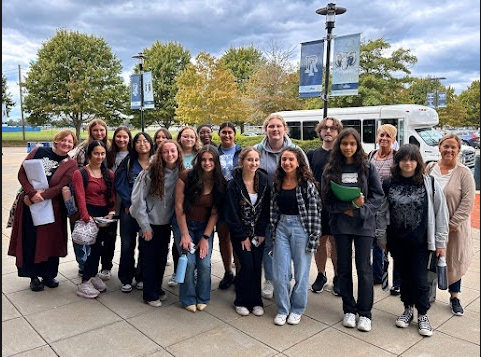
Extracurricular activities play a crucial role in the holistic development of students, providing opportunities for personal growth that extend beyond the classroom. Participation in sports, clubs, arts, and community service allows students to develop essential life skills such as leadership, teamwork, and time management. These activities offer a practical context where students can apply academic knowledge and learn valuable interpersonal skills that are vital for success in both their personal and professional lives. Engaging in extracurricular activities also significantly enhances a student’s social network and sense of belonging. These activities create a sense of community and provide a supportive environment where students can form meaningful relationships with peers who share similar interests. This social interaction is particularly important during adolescence, as it fosters a sense of identity and helps students build self-confidence.
Additionally, involvement in diverse groups exposes students to different perspectives, promoting empathy and cultural awareness. Moreover, extracurricular activities can have a positive impact on academic performance. Research indicates that students who participate in these activities tend to have better grades, higher levels of school engagement, and increased motivation.
The discipline and time management skills developed through balancing academics with extracurricular commitments often translate into more effective study habits and a stronger academic work ethic. As a result, students who are actively involved in extracurricular activities are better prepared.





